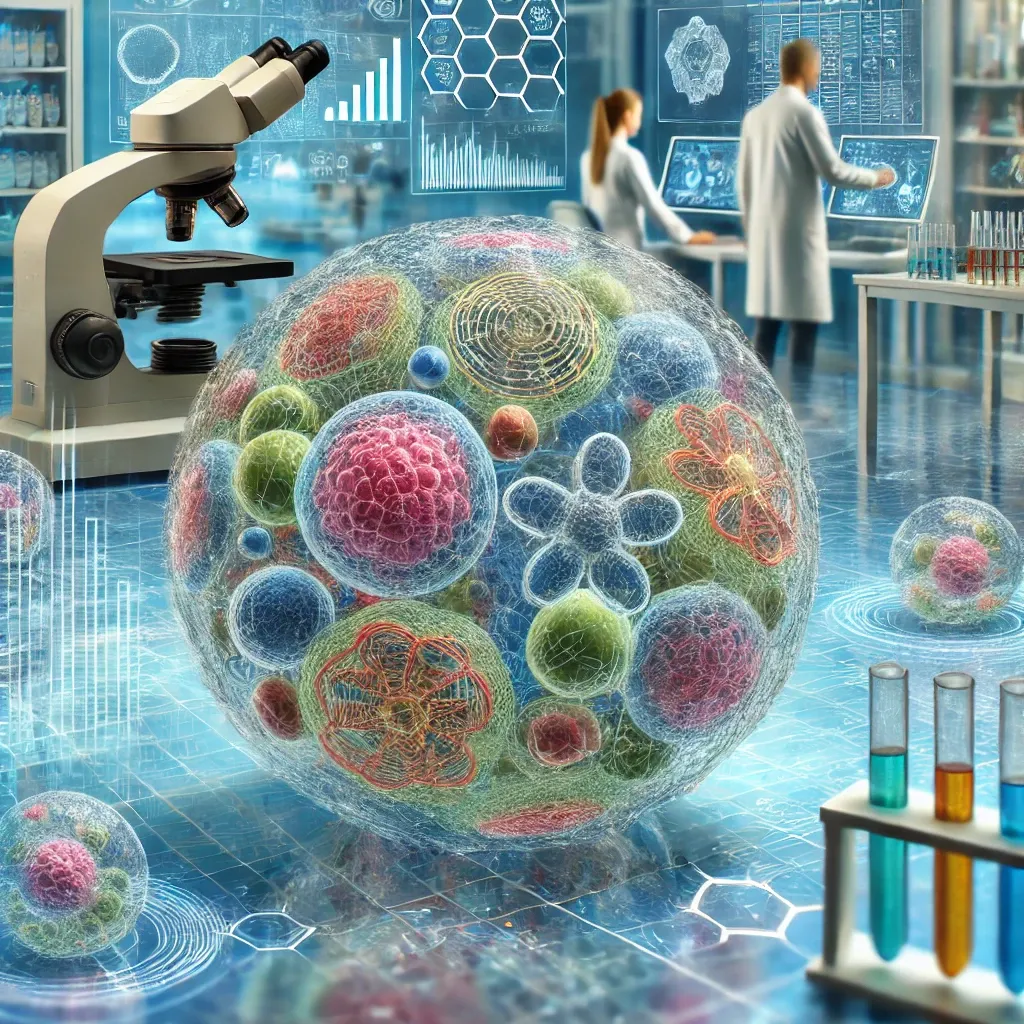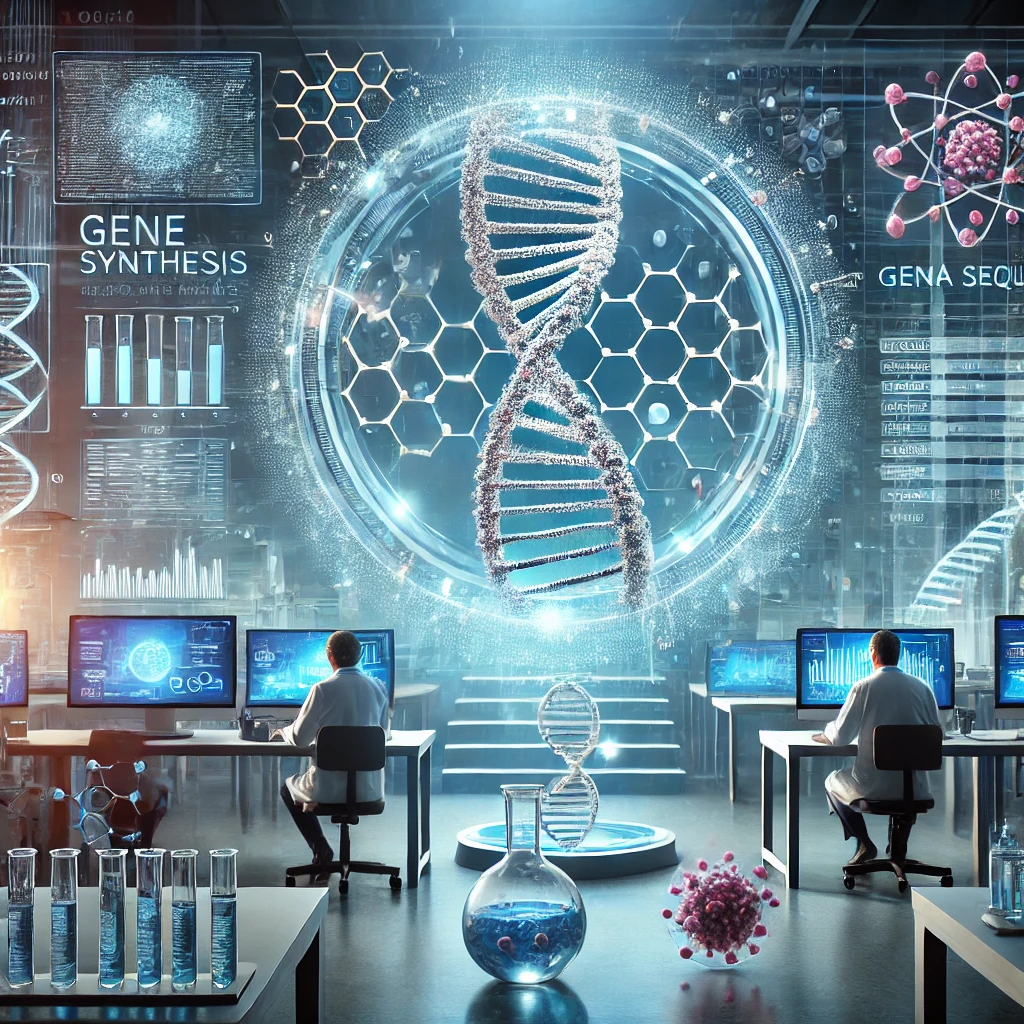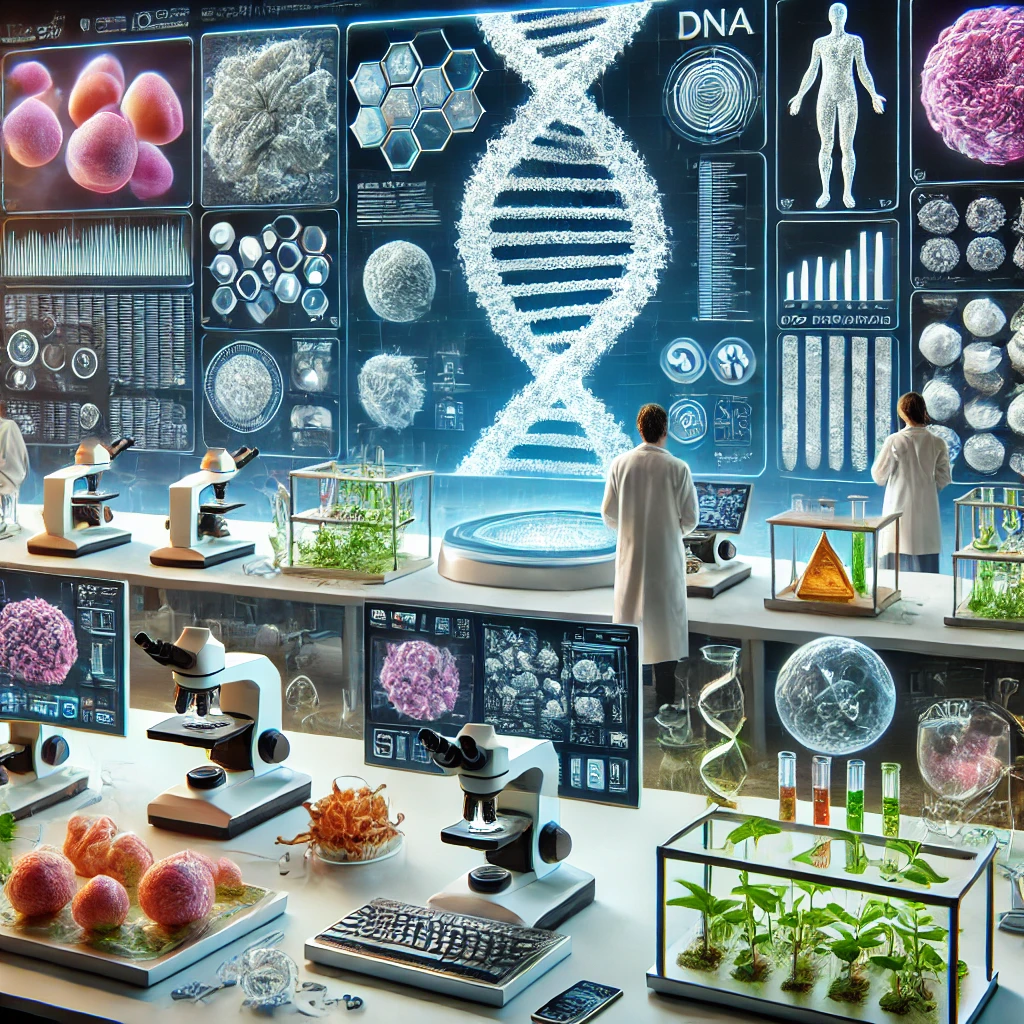Synthetic Biology (All Articles)

What Are the Problems with Artificial Cells?
Artificial cells offer promising medical advancements but face challenges like instability, control issues, and poor interaction with natural cells. With high costs and biocompatibility issues, their practical application is limited. How can overcoming these challenges revolutionize medicine and improve treatments? Read the full article to explore the potential and hurdles of artificial cells.
CLICK HERE!
How to Make New Genes?
Gene synthesis involves creating custom DNA sequences, revolutionizing biotechnology with increased efficiency, precision, and cost-effectiveness. The study shows that modern techniques have made the process 80% faster, reduced error rates to 1 per 1,000 base pairs, and lowered costs by up to 90%. This technology is critical for advancements in medicine, agriculture, and environmental solutions. How do you think gene synthesis could impact the development of new medical treatments? Read the full article for more insights.
CLICK HERE!
What does bioengineering do?
CLICK HERE!
